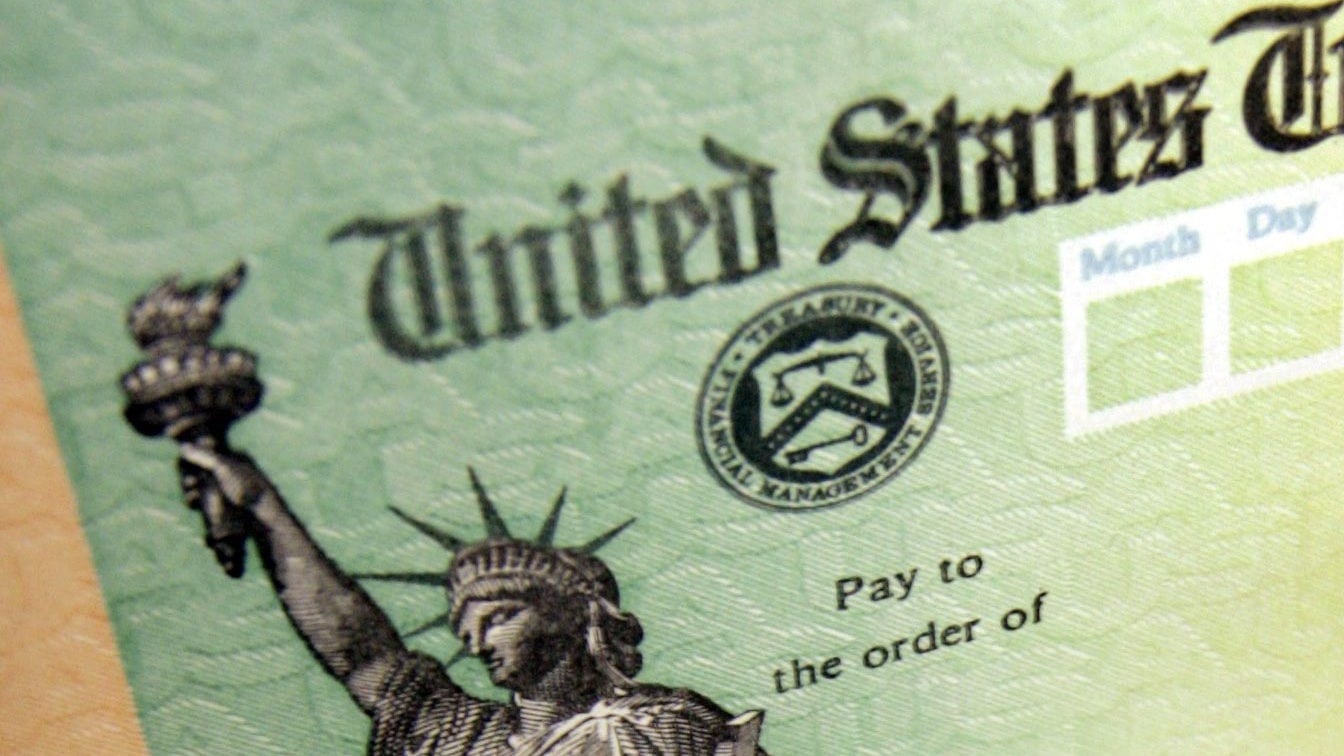Throughout his run for president, Donald Trump threatened new tariffs. When he took office, he vowed to implement them, on China, Canada and Mexico, on February 1. At the last minute, he backed off, or rather “reached agreements” to delay the tariffs on Canada and Mexico by a month.
Earlier this week, the tariffs went into effect- with all three countries retaliating with new tariffs. The tariffs are at 25 percent for Canada and Mexico, with the Chinese tariffs doubled from 10 to 20 percent. China retaliated with tariffs of up to 15 percent on some American farm exports.
The new tariffs have set off a great deal of economic uncertainty, including some ugly stock market results in recent days.
A Compromise on the Way on Tariffs?
The Secretary of Commerce, Howard Lutnick, said in a Bloomberg Television interview Wednesday that a compromise on tariffs is possible, at least when it comes to Canada and Mexico.
“There will be some categories left out. It could well be autos, could be others as well,” Lutnick said in the interview. He added that some sectors who have been “compliant” could end up excluded.
He added that the White House would likely announce the new course of action on Wednesday. However, per Axios, Lutnick’s words didn’t appear to calm the markets on Wednesday. While the market did rally late on Tuesday, the report said, it turned negative again after Lutnick stated the relief would likely only be partial.
In fact, the stock market has now reversed all of the gains it has made since Trump’s election last November.
How Will It Affect Americans’ Wallets?
The Budget Lab at Yale University released a study on Monday showing what the practical economic effects might be of the imposition of the tariffs.
The study described the tariffs as “the equivalent of a 7 percentage point hike in the US effective tariff rate,” which is the largest since 1943. Prices are seen rising 1 to 1.2 percent, the equivalent of $1,600–2,000 per household.
The tariffs are also seen as causing real GDP to go 0.6 lower in 2025, with tariffs seen as “regressive taxes,” more likely to affect the poor than the rich.
Certain product categories, such as electronics and clothing, would be “disproportionately affected,” with motor vehicles and food also largely affected.
Electronics are seen rising 10 percent overall, with cars rising 6.1 percent and food 1.7 percent.
Following an election in which Trump swept into office largely on the strength of continuing inflation, the Budget Lab chart indicates that the problem is about to get worse, as opposed to better.
The View from the North (and South)
A CNN analysis this week predicted that Canada and Mexico both have reasons of their own to fear recession. While the U.S. is already feeling the pain from the tariffs, Canada and Mexico have much more to lose since they’re so dependent on the U.S. economy.
“This is going to be tough.” Canadian Prime Minister Justin Trudeau recently said, of the effect of the trade war on Canadian workers.
In Mexico, as well, the economy may suffer if U.S. consumers are spending less on goods from that country.
Donald Trump Speaks
In his speech to Congress on Tuesday night, Trump addressed the trade war, stating that “now it’s our turn” after other countries have taken advantage of the U.S.
The tariffs, he said in the speech, “are about protecting the soul of our country.” He also warned of short-term pain that will end up worth the trouble.
“There’ll be a little disturbance,” the president said. “But we’re OK with that. It won’t be much.”

President-elect of the United States Donald Trump speaking with attendees at the 2024 AmericaFest at the Phoenix Convention Center in Phoenix, Arizona.
However, Democrats, while protesting the speech, yelled “stock market!,” referring to the sluggish market performance in recent days. The opposition party has responded in another way: Sen. Tim Kaine (D-VA) said this week that he plans to file a challenge in the Senate and force a vote on it.
About the Author: Stephen Silver
Stephen Silver is an award-winning journalist, essayist and film critic, and contributor to the Philadelphia Inquirer, the Jewish Telegraphic Agency, Broad Street Review and Splice Today. The co-founder of the Philadelphia Film Critics Circle, Stephen lives in suburban Philadelphia with his wife and two sons. For over a decade, Stephen has authored thousands of articles that focus on politics, technology, and the economy. Follow him on X (formerly Twitter) at @StephenSilver, and subscribe to his Substack newsletter

